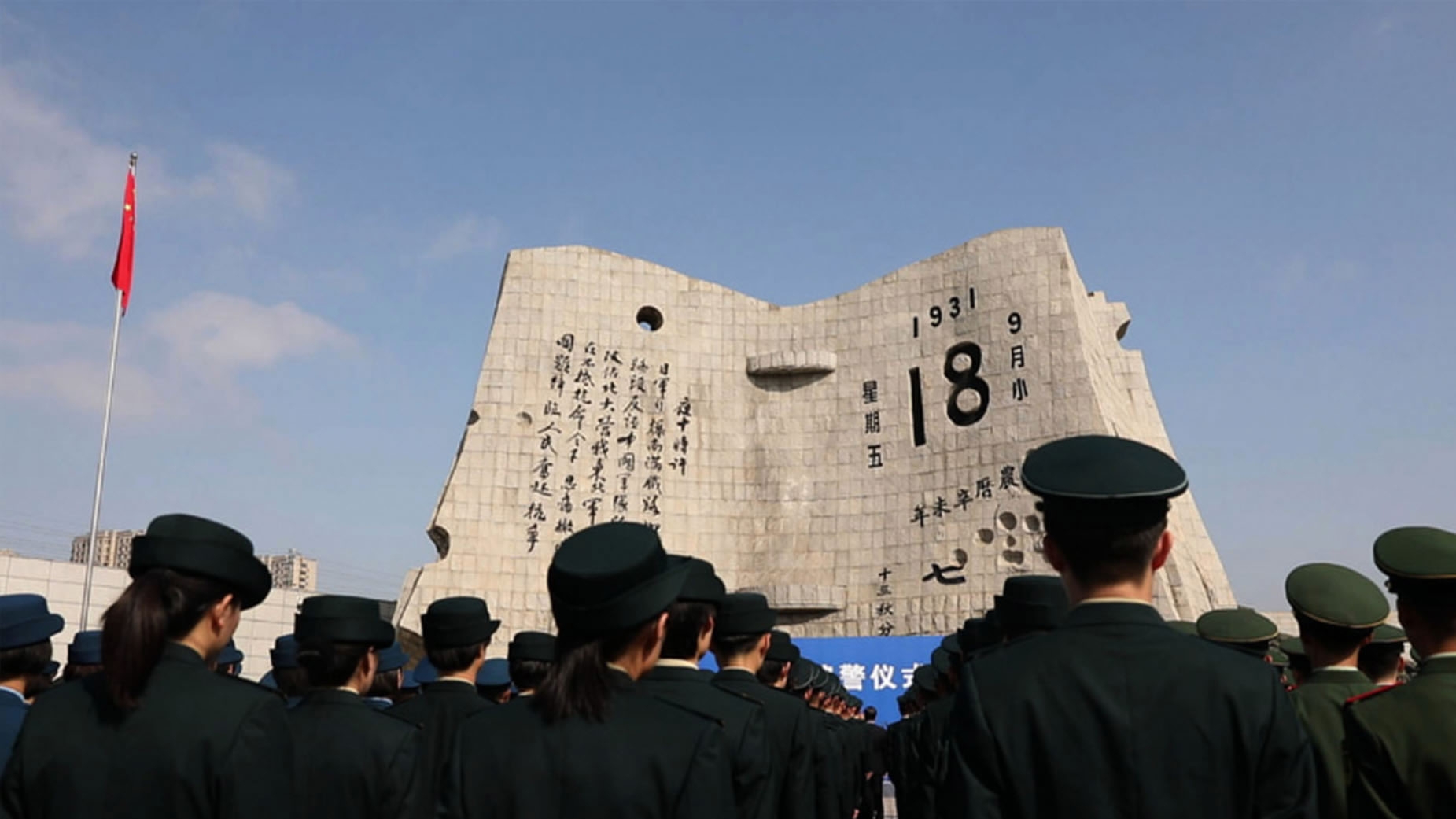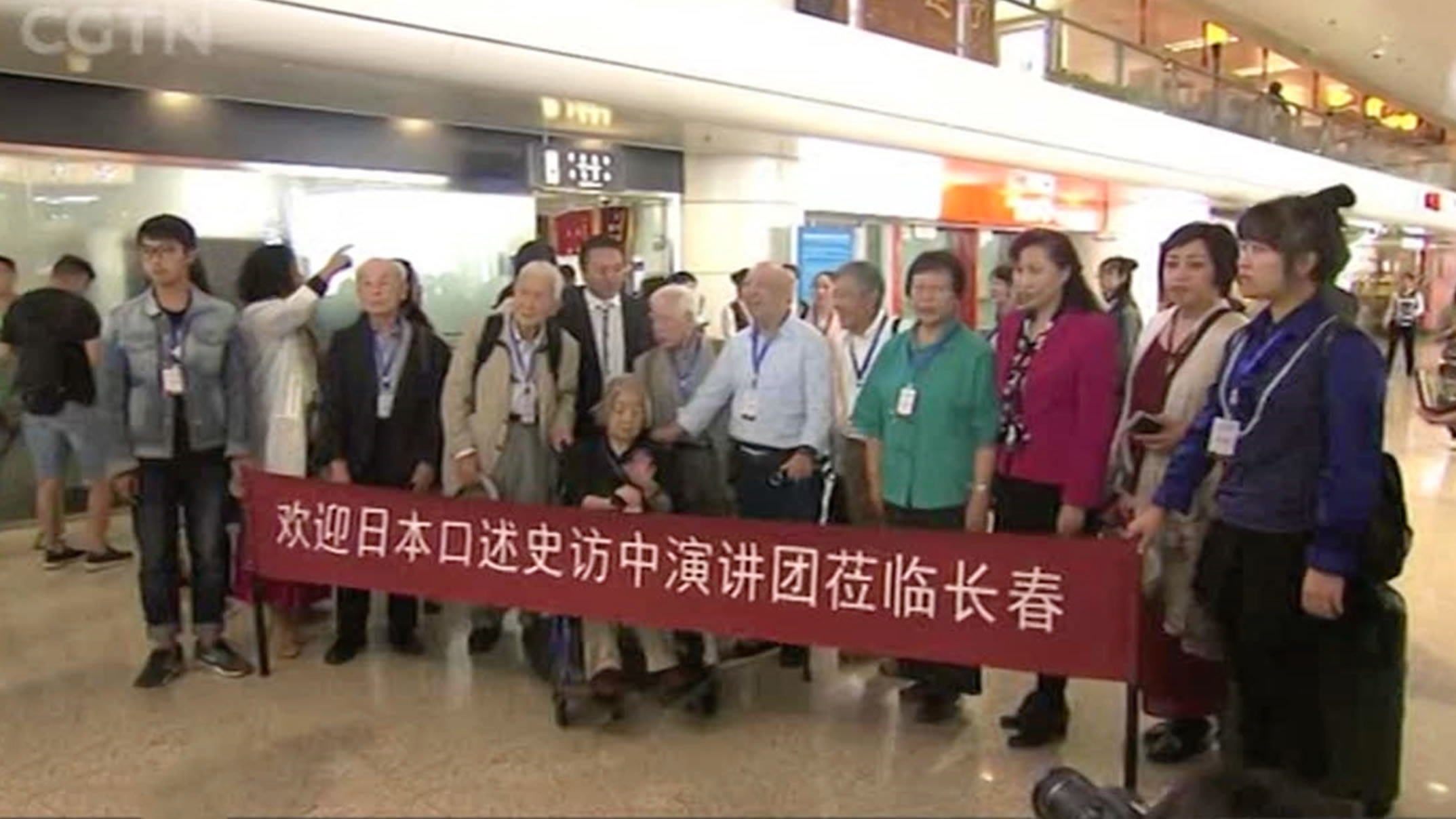
China
16:16, 18-Sep-2017
The 86th anniversary of China’s 14-year war of resistance against Japanese aggression
CGTN

On this date 86 years ago, Japanese troops blew up a section of a railway in Shenyang, the capital of China's Liaoning Province, as a pretext for invasion. It marked the beginning of China's 14-year War of Resistance Against Japanese Aggression.
In cities across the country the sound of a bell gong was heard 14 times, reminding people of the 14 years of suffering. Sirens wailed at 9:18 am on the dot, commemorating the September 18 date.
Although the anniversary is marked annually, it holds more significance this year, as China's textbooks have adopted the phrase “14-year War of Resistance Against Japanese Aggression,” a revision to the previous term of 8 years of resistance after the Lugou Bridge incident of 1937.
The September 18th incident marks the beginning of the Japanese invasion, preceding the second world war eight years later, leaving a lasting impact on world history.
History is not forgotten, not just for Chinese people, but also for a group of Japanese visitors, who were alive during the war.
Now in their 80s and 90s, as witnesses of Japan's wartime crimes, they came to China with evidence that was often ignored and covered up by the Japanese government.

"I witnessed the war personally...but our government chose to ignore my testimony no matter how hard I tried. So I came to China to stand shoulder-to-shoulder with the Chinese people, to call on the Japanese government to face up to history," said one of the visitors, Yamabe Yukiko.
Japanese veteran Hongou Eiyo said, "I’m here on a mission to tell my personal experiences during the war, and to apologize to the Chinese people who suffered from our wartime crimes."
The memorial ceremony serves as a reminder for the Chinese to keep the darkest days firmly in mind. 86 years have passed, both China and Japan are now influential countries in the world today. With that in mind, maintaining peaceful relations serve as a benefit not only for the region, but also for global peace and development.

SITEMAP
Copyright © 2018 CGTN. Beijing ICP prepared NO.16065310-3
Copyright © 2018 CGTN. Beijing ICP prepared NO.16065310-3